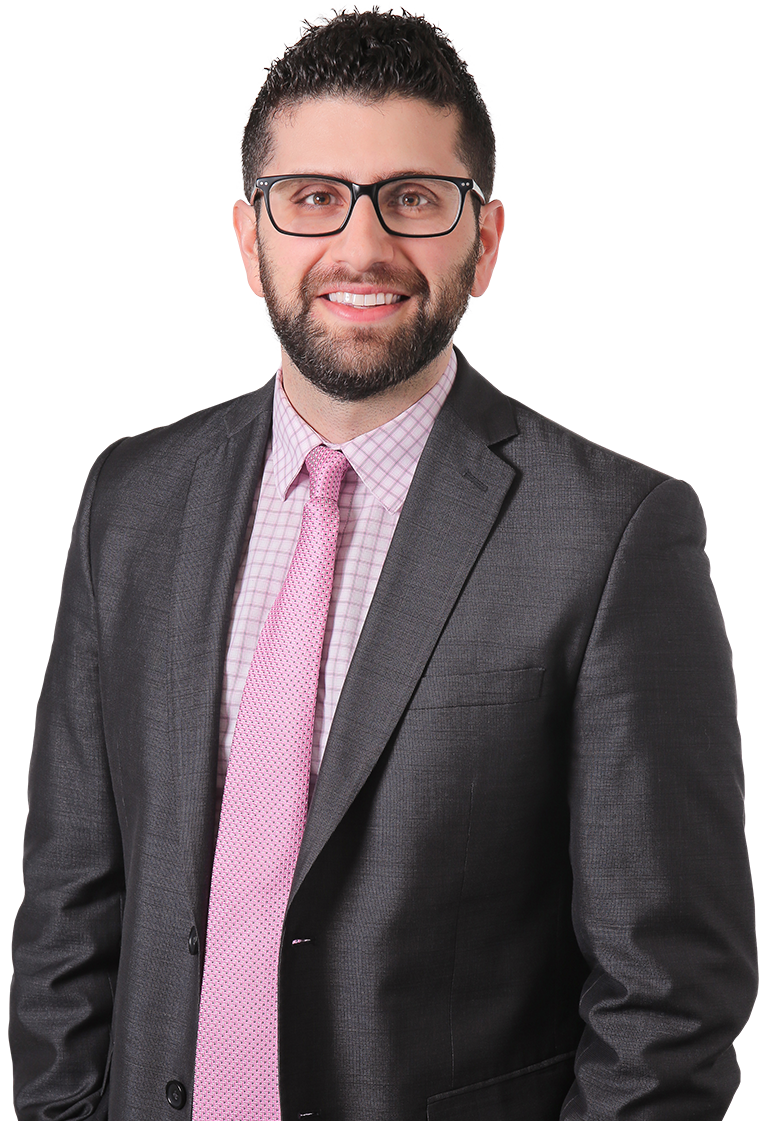The Fair Workplaces, Better Jobs Act, 2017, commonly referred to as Bill 148, made significant changes to the Employment Standards Act, 2000 (“ESA”). While the raise to minimum wage often captures a majority of the media attention on the subject, other big changes include the amendments to the Personal Emergency Leave (or “sick days”) provisions under the ESA. Prior to Bill 148, only employees who worked for employers that regularly employed at least 50 employees were eligible for Personal Emergency Leave under the ESA. Employees had the right to take up to 10 days of unpaid job-protected leave each calendar year due to illness, injury and certain other emergencies and urgent matters. But that has now changed.
Employers may be surprised to learn that after January 1, 2018, all employees, regardless of the size of the employer, will now be eligible for Personal Emergency Leave. Furthermore, the first 2 personal emergency days must be paid (the other 8 days will not be paid), and the entitlement to personal emergency leave arises after one week of service with the employer. These changes have been particularly concerning for small businesses that employ short-term workers. After only one week, a worker is entitled by law to two paid sick days. This may put a lot of financial pressure on a business that relies on short-term and/or seasonal labour.
Further complicating the matter for employers is the new prohibition on requests for medical information. Under Bill 148, employers are no longer permitted to require a certificate from a qualified medical practitioner. In other words, employers are not entitled to a doctor’s note. A doctor’s note may be requested, but it cannot be demanded. If the employee refuses to produce the doctor’s note, he or she cannot be denied the leave. Obviously, this further limits an employer’s ability to verify the employee’s entitlement to sick leave.
However, it is not all doom and gloom for employers. Employers are still entitled to require evidence, reasonable in the circumstances, to verify the reason for the leave. Precisely what kind of information the employer is entitlement to ask for, is not made explicit by Bill 148; the employer is simply prohibited from requiring a doctor’s note. Furthermore, we should point out that the prohibition on requiring a doctor’s note only relates to the entitlement to a Personal Emergency Leave and not any gratuitous entitlement to paid sick leave that an employer offers an employee. For example, a business may offer its employees an additional 4 paid sick days per year, on top of the employee’s entitlement under the ESA. For these 4 paid sick days, an employer can impose an obligation, to provide a doctor’s note if the employee has already taken its 2 paid sick days under the ESA. However, if the employee refuses to provide the doctor’s note, they are still entitled to take one of their 8 unpaid sick days.
Navigating the changes brought about by Bill 148 can be difficult for employers. At Lerners we provide advice to businesses of all sizes facing this shifting legal landscape.
